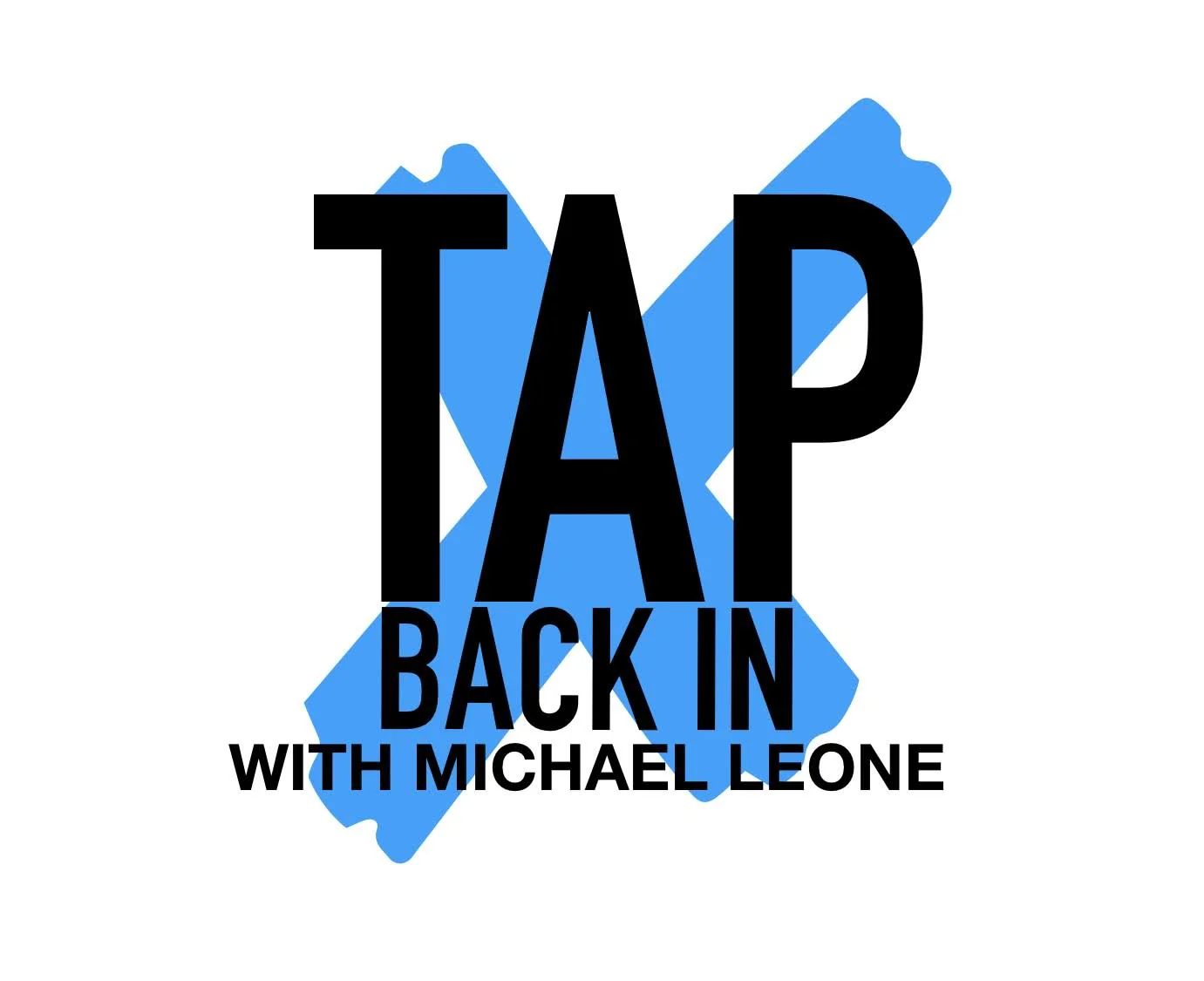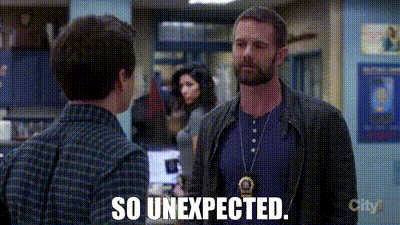What Happens Next?
Were you a fan of Brooklyn 99? I was—and still am. Recently, my wife and I rewatched it, and I’m happy to say it still holds up. One quote from the show has stuck with me for a while now.
Let me set the stage:
Jake Peralta has a long-standing crush on Amy Santiago. He chickens out when he’s about to ask her out, and then a slick detective named Dave Majors steps in and asks Amy out instead. Jake becomes nervous and worried that he’s lost his chance. However—much to everyone’s surprise—Amy rejects Dave. That makes for some good, satisfying drama, and the character of Dave Majors is never seen again. But it’s what Dave Majors says—his response to being told “no”—that’s intriguing.
In a very mellow tone, full of honest surprise, he says:
“It’s weird. I’ve never been turned down before. So unexpected. I’m excited to see what happens next.”
Now, in my single days, I was turned down my fair share of times. The result? Usually shame, embarrassment, and maybe a drink or two (alone). Heck, one time I unintentionally tripped and did a forward roll while asking a woman out. I all of those times, however, it never occured to me to say—or even realistically think—“So unexpected. I’m excited to see what happens next.”
“I’m excited to see what happens next.”
How often in life do things not go your way? If you’re like the rest of us—quite often. We have expectations, plans, or dreams we’re excited about, only for something to shift, causing those hopes to go unfulfilled. More often than not, we put on our cranky pants and wallow for a bit—or at least drop a few choice f-bombs.
But what if, instead, we caught ourselves in that moment and said: “So unexpected. I wonder what happens next?”
Now, let’s talk about why this can work. You see, biochemically, fear or threat and excitement are almost exactly the same. They trigger the same physiological responses: increased heart rate, rapid breathing, dilated pupils, and more. The same neurochemical reactions occur as well: adrenaline surges, cortisol releases, dopamine increases, and serotonin activates. So, if they’re the same, you might ask—what’s different?
How your mind interprets the experience. That’s it. How your mind—or rather, you—interpret the experience determines whether you feel threatened or excited. So, logically, if we choose to focus on and express excitement instead of fear, it can change the entire experience.
What if, instead of getting frustrated and angry, we pivoted to curiosity? Could a subtle shift like that help us see or be open to a solution or unexpected new option we hadn’t considered before?
I think so. And the science certainly backs it up. I think it’s worth considering and, if you really want to test it, worth trying.
So the next time life doesn’t go your way, take a breath and channel your inner Detective Dave Majors. Face the challenge with:
“So unexpected. I’m excited to see what happens next.”



